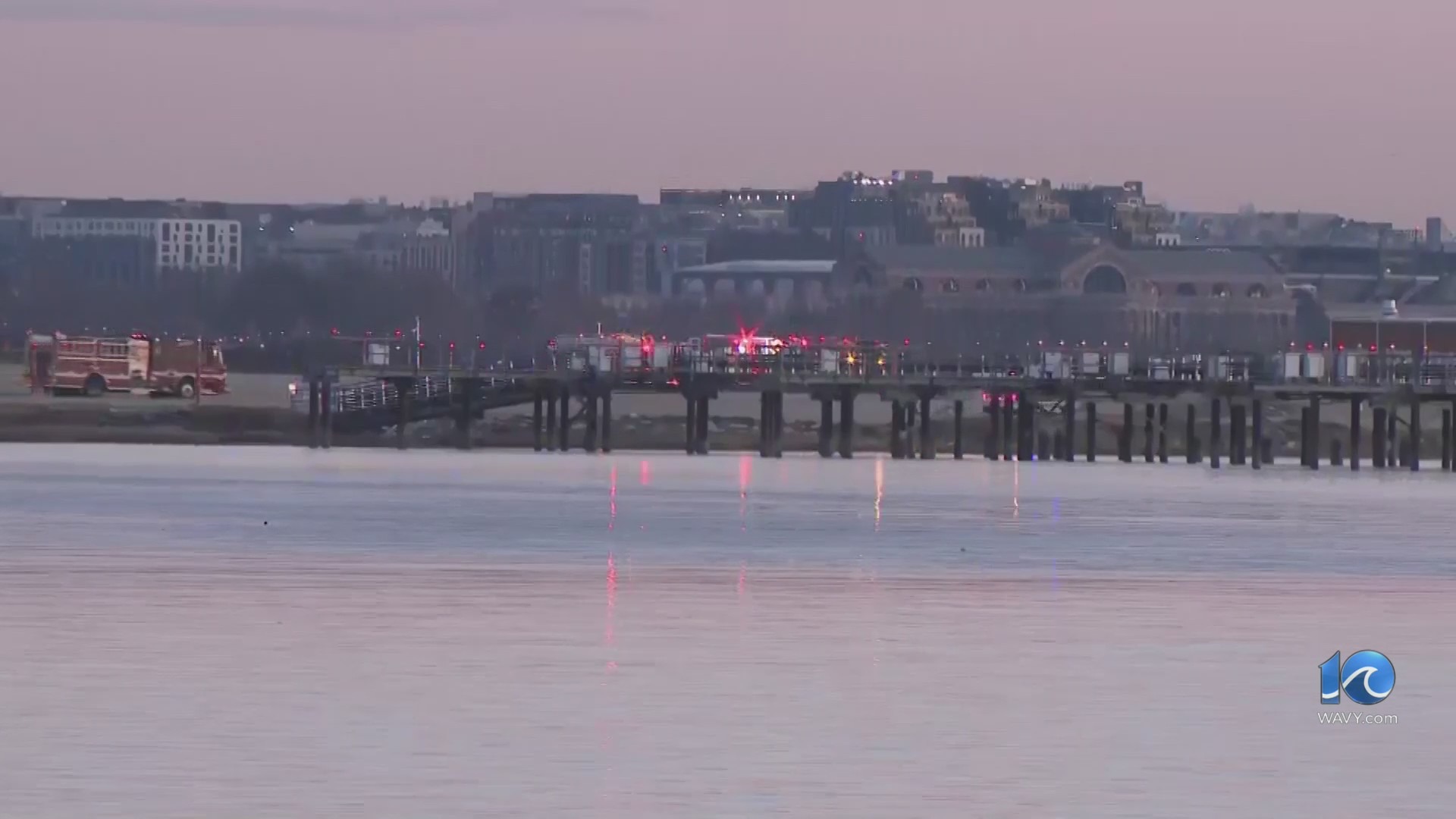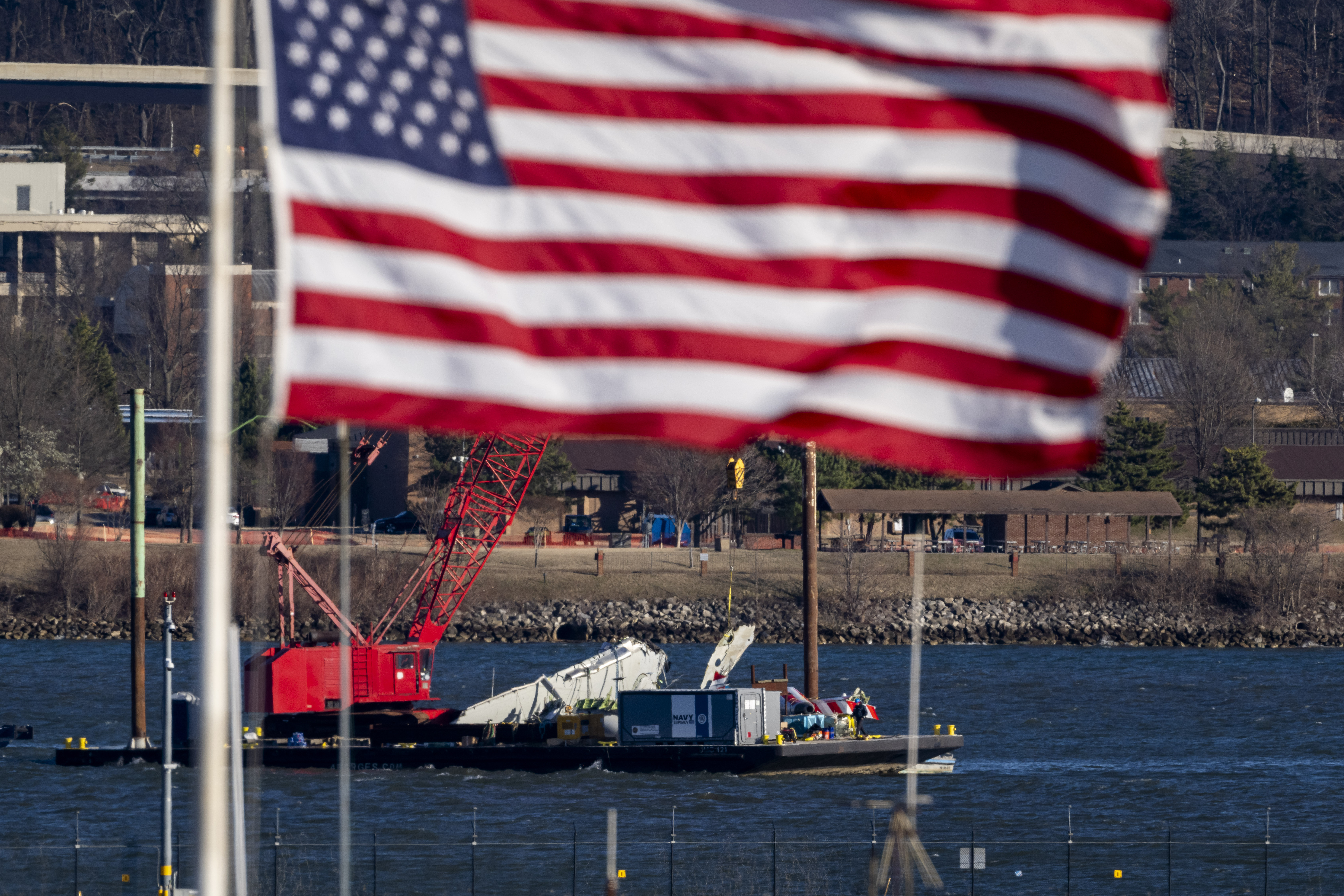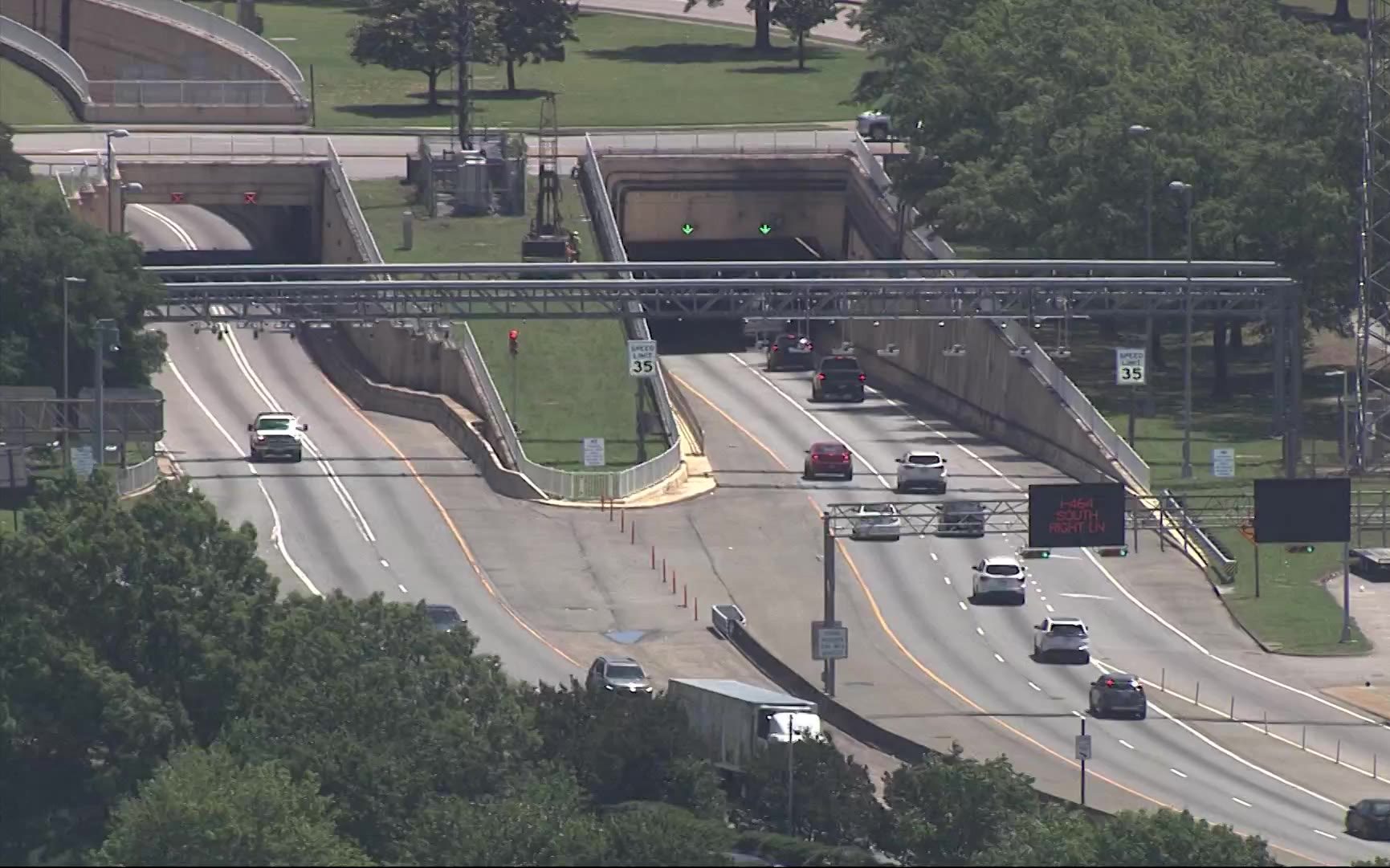PORTSMOUTH, Va. (WAVY) — Free trips through the Downtown and Midtown tunnels are no longer available to residents living in three municipalities after changes were made to the state’s toll relief program.
Initially, the state’s two-year budget signed by Gov. Glenn Youngkin allowed drivers making less than $50,000 a year and living in either Norfolk, Newport News, Hampton, Portsmouth or Franklin, to sign up for up to 14 free trips each week with Elizabeth River Crossings, the operators of the tunnels.
All a driver had to do was sign up at specific E-ZPass service centers.
However in May, when Youngkin signed the amendments to the budget, Newport News, Hampton and Franklin were removed.
State Sen. Mamie Locke, (D-Hampton) said while she wasn’t surprised, she is disappointed.
“It’s very upsetting, but not surprising that it was done in the way that it was done,” Locke said.
Last May, State Sen. Louise Lucas, (D-Portsmouth) championed a deal with the governor that would provide $101 million over two years to provide toll relief at the tunnels connecting Portsmouth and Norfolk.
Since 2014, Elizabeth River Crossings, a privately-owned company, has set tolls on both the Downtown and Midtown tunnels in Portsmouth in order to pay for the addition of a new Midtown tunnel tube and construction of the Martin Luther King, Jr. Expressway. Their contract with the state gives them the ability to access tolls until 2070, with the ability to raise the rates each year.
The relief was specifically set aside for drivers living in cities in Hampton Roads with “high fiscal stress” according to the budget bill. Those are Norfolk, Newport News, Hampton, Portsmouth and Franklin.
In December, when Youngkin sent his amendments for the two-year budget, language was added that made only Portsmouth and Norfolk residents eligible not only for the free trips, but also outstanding toll bill forgiveness.
Locke said while it’s true that residents in Norfolk and Portsmouth are likely to use the Midtown and Downtown tunnels more frequently, low income residents on the Peninsula use the roads too.
“What the administration doesn’t think about are the constituents that we represent,” Locke said. “That’s not a part of [Youngkin’s] thinking,” Locke said. “His thinking is basically being petty and get it taken out on legislators. What he sees is, ‘What can I do to get back at them, as opposed to what is in the best interest of the constituents who have to use these resources?”
Locke said she was unaware of the change until this week and was “sorry we missed it” during the budget process.
However, Peter Finocchio, a spokesperson for Youngkin, maintains legislative leaders were consulted.
“The original Enhanced Toll Relief language was included in the Common Ground budget signed by the Governor in May 2024 and, due to drafting, erroneously included three other Hampton Roads jurisdictions that were not in the immediate vicinity of the Elizabeth River Crossings facility,” Finocchio said in a statement. “After working with legislative leadership over the summer of 2024, the amended language that the Governor introduced in December simply clarified eligibility for the enhanced toll relief program to be consistent with the original legislative intent and no amendments to expand the enhanced toll relief program to other jurisdictions were considered during the 2025 General Assembly Session.”
Those making less than $65,000 a year living in Newport News, Hampton and Franklin are still eligible for a program ERC funds that provides 14 free trips a week at 50% of the toll rate.
The program includes all Hampton Roads cities and counties and requires drivers to have an E-ZPass and sign up in person at one of the three E-ZPass service centers: the Norfolk E-ZPass Customer Service Center off Church Street; the Portsmouth E-ZPass Customer Service Center off Victory Boulevard; or the the DriveERT Customer Care Center in Portsmouth.
A VDOT spokesperson said so far more than 20,000 drivers have signed up for the relief.
House of Delegates Speaker Don Scott (D-Portsmouth) encourages all who are eligible to sign up. He said it’s likely the only way to expand the program further.
“What I would love [is] to help people who are making over $100,000,” Scott said, “but right now … these are the families that need the most help, that are in the distress, that when they have to pay the toll, it reduces their value to almost to the point where they’re distressed.”








